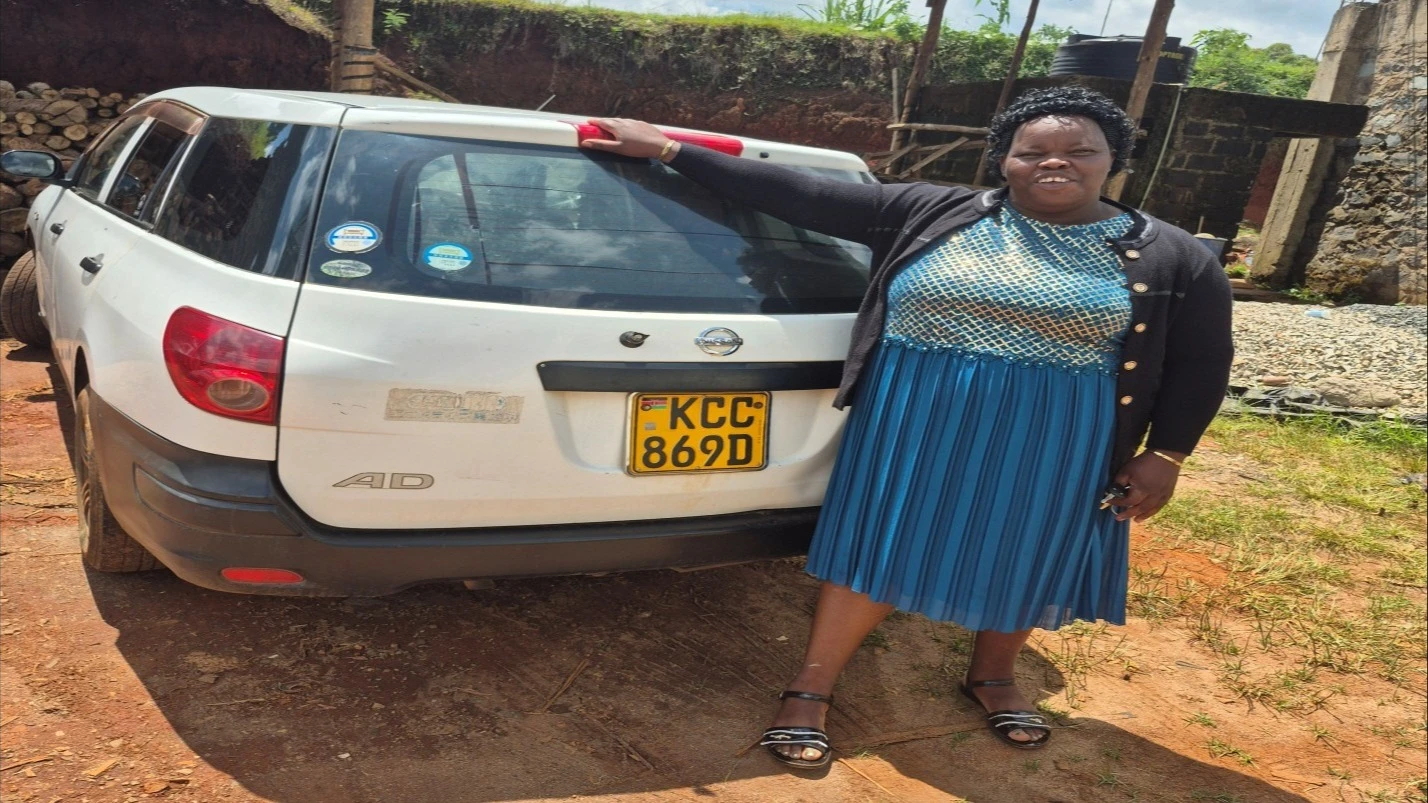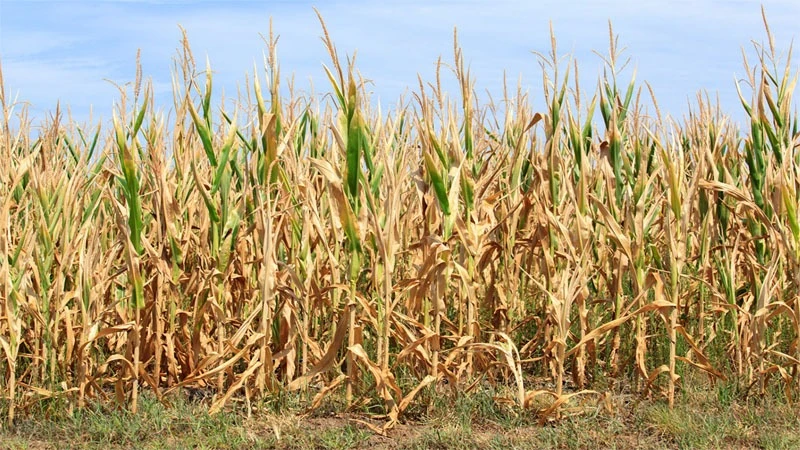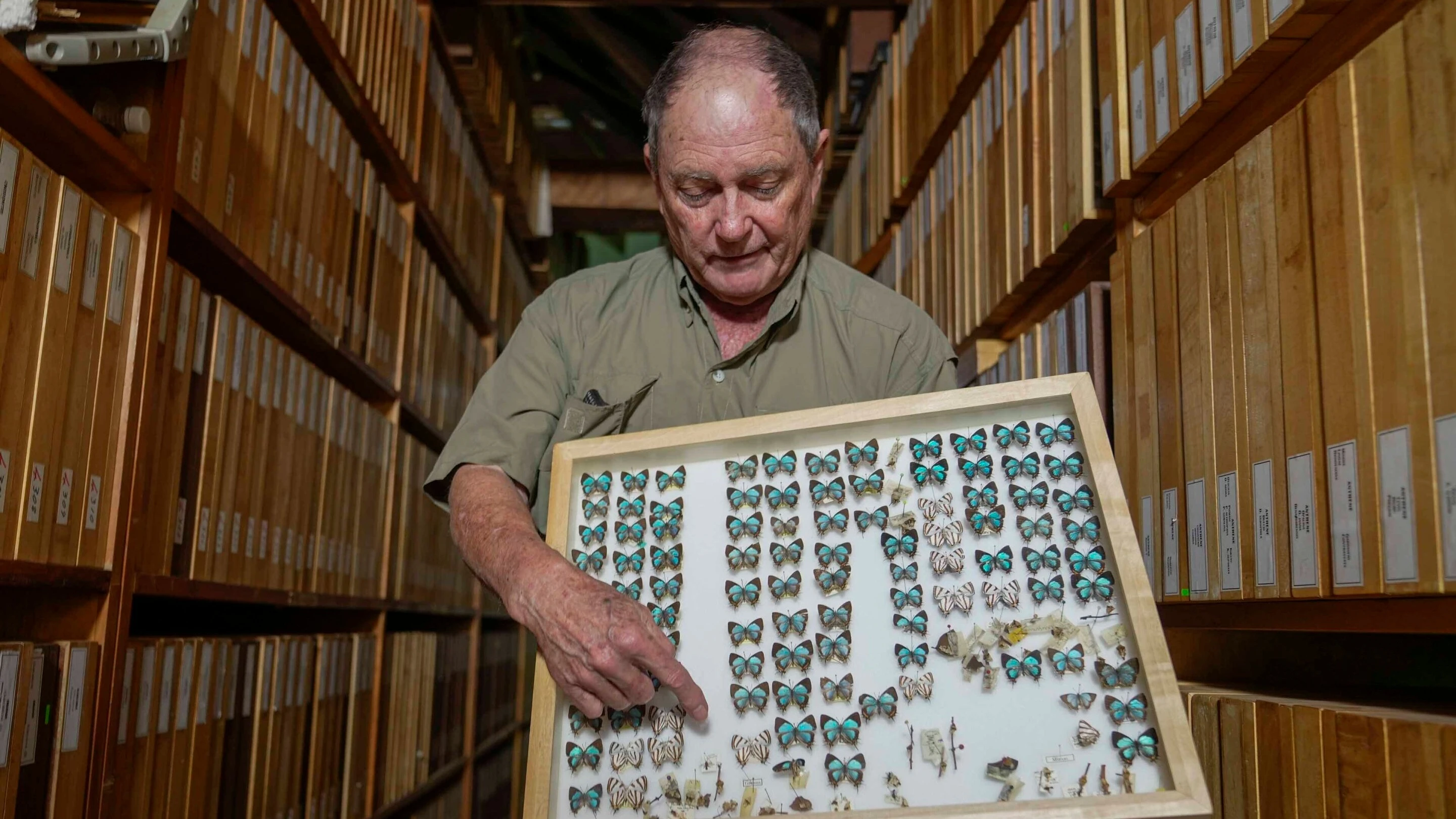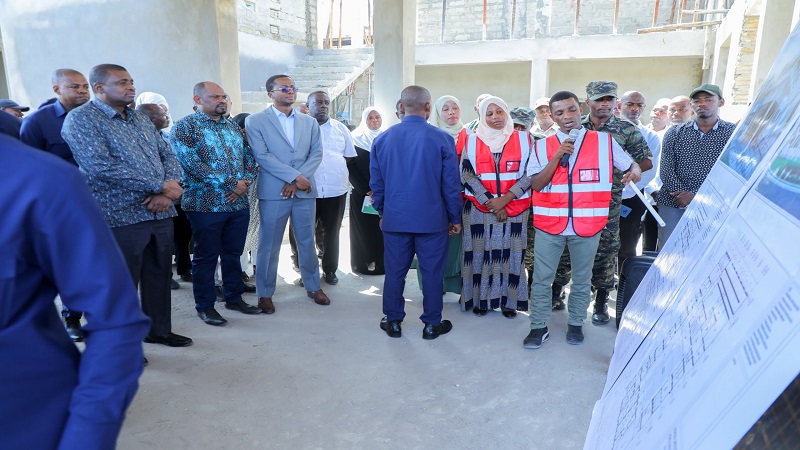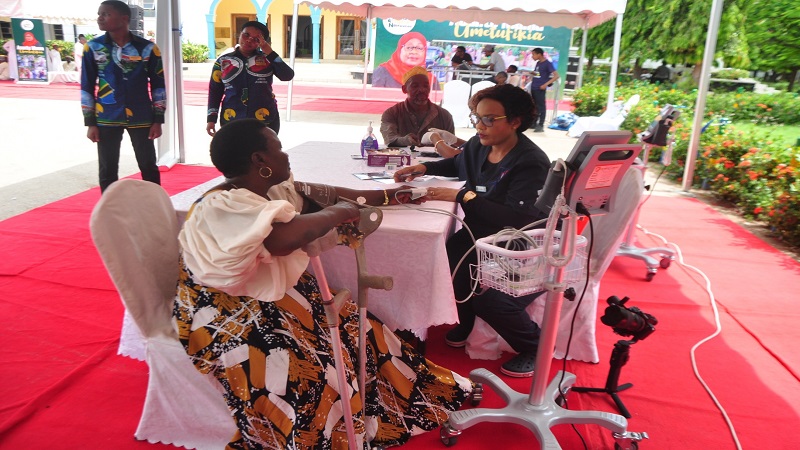Eco-schools programme: Rising an environmentally aware young people
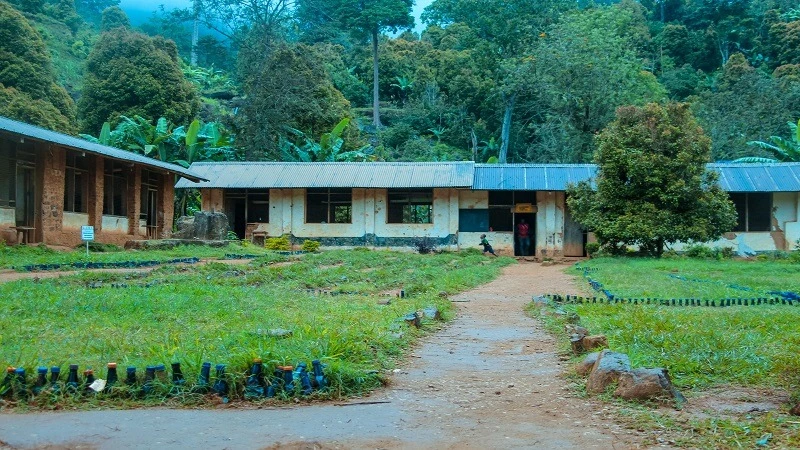
THE eco-schools programme helps raise an environmentally aware generation by embedding sustainable practices and environmental education into the everyday lives of pupils, teachers and communities.
In Tanga’s Amani Division, Muheza District, Nature Tanzania with support from the USAID Tuhifadhi Maliasili (Preserve Natural Resources) project implemented the programme at six primary schools—Zigi, Kambai, Kwemdimu, Kwezitu, Antakae and Msasa IBC. The schools completed the seven-step eco-schools framework and awarded the green flag award.
The six schools around the Amani-Nilo Forest corridor received the internationally recognized green flag award—an internationally trusted sign of good environmental practices at their schools, showcasing the school’s commitment to protecting the planet.
The seven steps include form an eco-committee to lead programmes, complete an environmental review of the school, prepare an action plan, linking the work to at least three areas of the curriculum learning, informing and getting others involved, monitor and evaluate the positive impacts of the projects as well as creating an eco-code, which is a call to action for all.
Through the programme pupils are encouraged to take an active role in environmental management within their schools. Eco-schools encourage students to involve their families and communities in environmental initiatives, thus extending environmental awareness beyond the classroom and promote collective responsibility in protecting the environment.
Gladness Masonda is the environmental teacher at Kwezitu Primary School, she said the school is proud of being among those involved in the programme as the school’s environment has completely changed, having a greener look.
Before the programme, which was implemented by Nature Tanzania, the school’s environment was poor with soil erosion taking place around buildings, she added.
“We were experiencing significant soil erosion almost all over the places surrounding our school; things started to change after receiving the programme and being educated on environmental conservation. The situation has changed completely as we have planted grasses to prevent erosion and improved the school's environment significantly,” said Masonda.
"Now, no one dares to pass through the school grounds because the surroundings are well-maintained, and people feel ashamed to disturb it. We have also put in place rules to hold each other accountable when someone goes against what we are doing," said Masonda.
Masonda added that apart from environmental conservation education, the project has also provided them with knowledge on beekeeping, adding they have been provided with 20 beehives, with 17 of them already occupied by bees.
Ramadhani Issa, is also a teacher at the school, he said the eco-school programme was highly beneficial to both the school and surrounding community. He wishes it could be expanded to more primary schools across the country.
Issa emphasized that it helped children to understand the importance of environmental conservation at childhood.
The eco-schools programme connects students, teachers and local community, allowing them to come together in formal meetings aimed at enhancing conservation activities.
“Under the programme, each class selects two students as representatives. The community also selects two people whereas these four, together with two teachers, form a special committee that regularly meets to discuss the project,” Issa explained.
Jackline Shetui, a Standard Six pupil at Kwezitu primary school and member of the eco-school committee, said the environmental education she acquired has helped her become an environmental ambassador, both at school and home.
Dastan Kajembe, another committee member representing Standard Four pupils expressed his excitement about the programme, promising to use the acquired knowledge to educate his fellow students on the importance of caring for the environment. He said caring for the environment has enormous benefits because humans depend on it to survive.
At Msasa IBC primary school, George Luena, who is the supervisor of the school’s eco-school’s programme said: “Our school was one of those experiencing soil erosion, thanks to Nature Tanzania for coming up with this good idea as the situation has changed.
He said pupils and teachers engaged fully in tree planting as well as growing grasses surrounding the school, something which has ended soil erosion.
Luena noted that if they had not received the project in 2022, the school grounds would have been completely eroded by now.
“We normally receive a lot of rains annually which contributed to continuous soil erosion. Without taking these measures, the situation would have been worse,” he said, adding under the programme, they have started a beekeeping project and have already placed 20 beehives on trees surrounding the school, 16 of which are occupied by bees.
Msasa IBC primary school Head Teacher, Barnaba Mloka, noted that despite challenges such as inadequate toilets, classrooms, desks, text books, and office buildings, the school’s environment is being conserved accordingly.
Top Headlines
© 2025 IPPMEDIA.COM. ALL RIGHTS RESERVED











